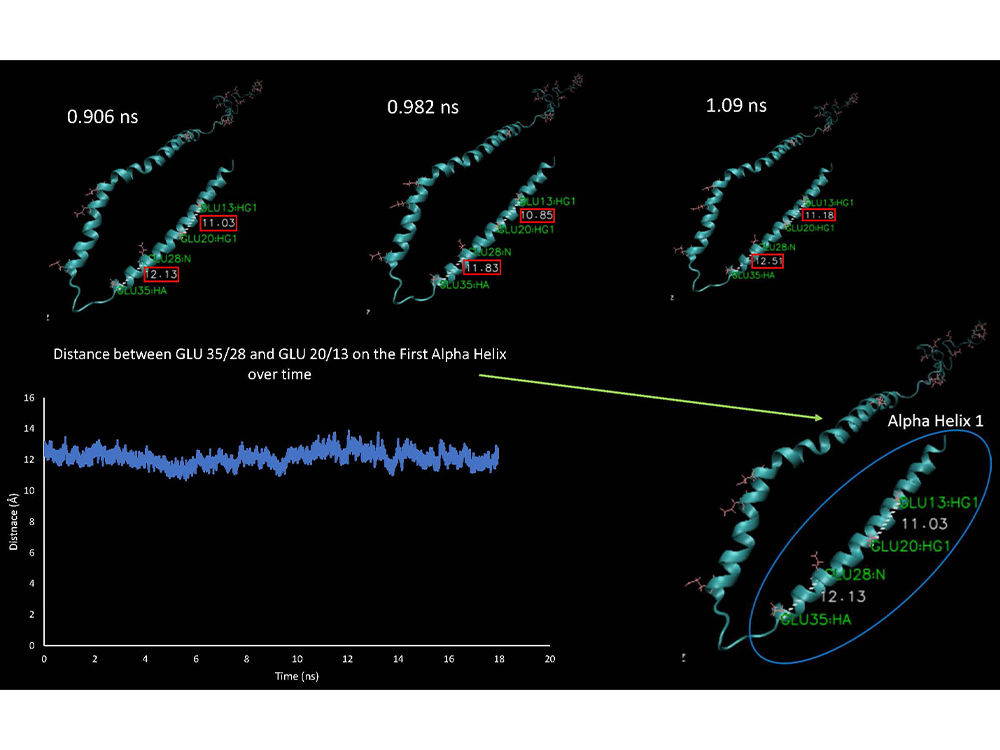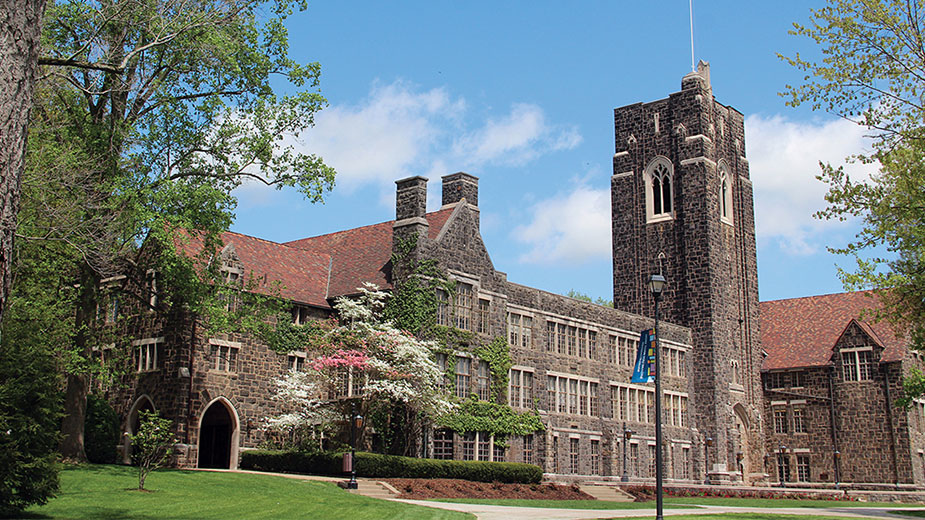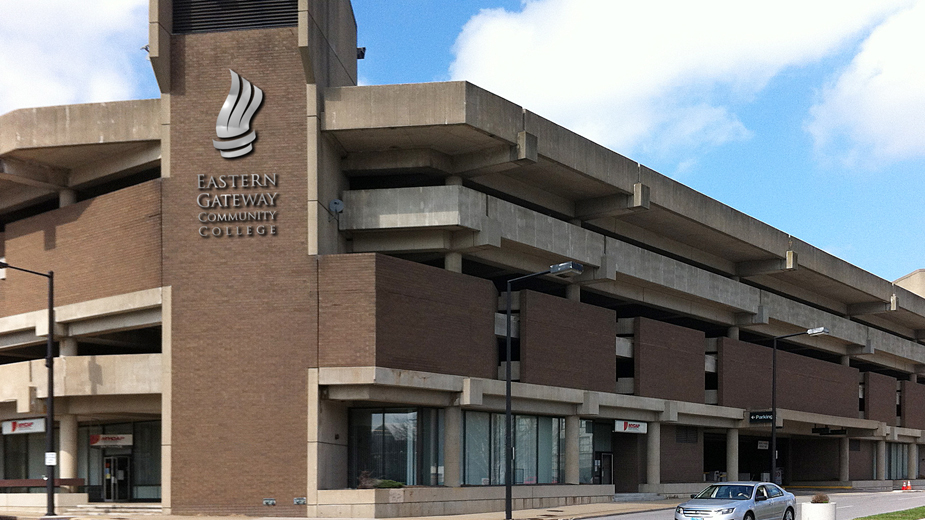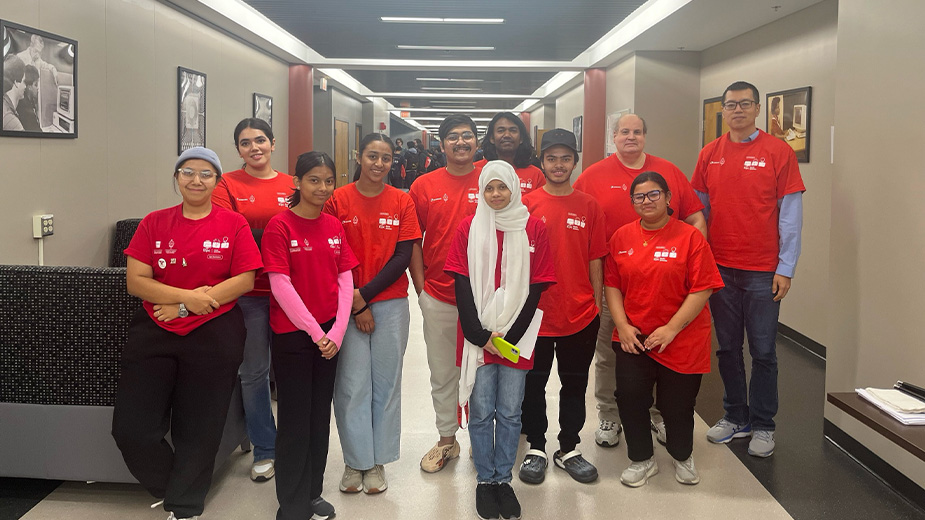Westminster Students Use Pittsburgh Supercomputer
NEW WILMINGTON, Pa. — Westminster biochemistry and chemistry students were granted permission to work on the Pittsburgh Supercomputer during a four-week long project.
As a part of the Advanced Lab: Synthesis and Analysis course, students ran large molecular dynamics simulations on a variety of biomolecules using the computational resources at the Pittsburgh Supercomputing Center, according to a press release. In order to simulate and analyze their results, they researched their own biomolecules – molecules present in organisms that are essential to cell division, morphogenesis, or development.
Assistant professor of chemistry, Jessica Sarver, helped bring this simulation to life through an educational grant for computational resources, according to the release.

“By accessing the Pittsburgh Supercomputer, the students gain real, hands-on experience that a graduate student or researcher would use to provide supplemental or exploratory data,” Sarver said.
Students remotely connected to the Pittsburgh Supercomputer from their personal computers at Westminster to run the computationally expensive simulations.
“Working with this project was an incredible learning experience. It’s this next generation technology that is powering the future of chemistry, and it’s invaluable that we were able to become familiar with it,” said Izayah Bojanac, a junior biochemistry major at Westminster.
Published by The Business Journal, Youngstown, Ohio.



